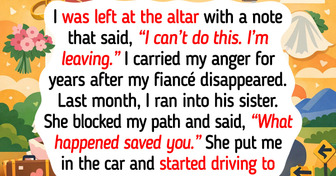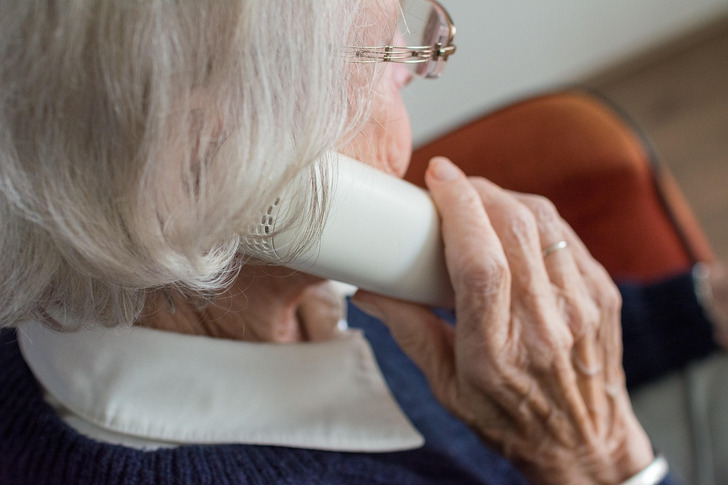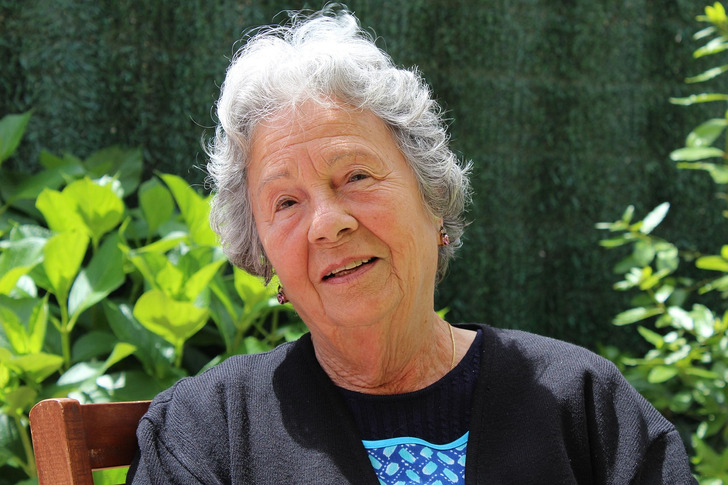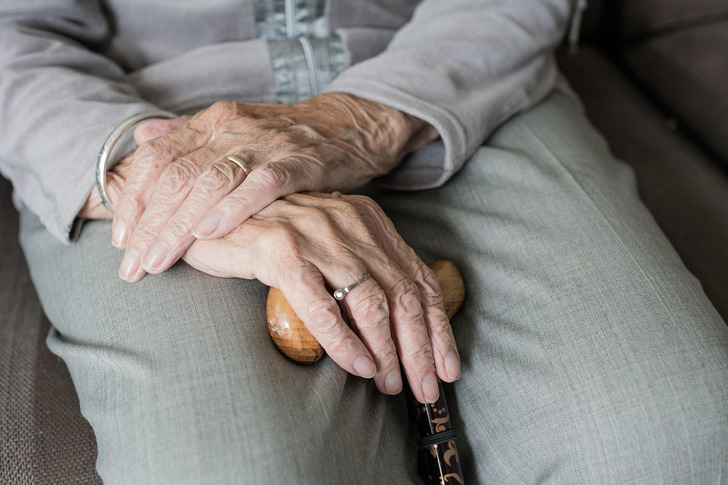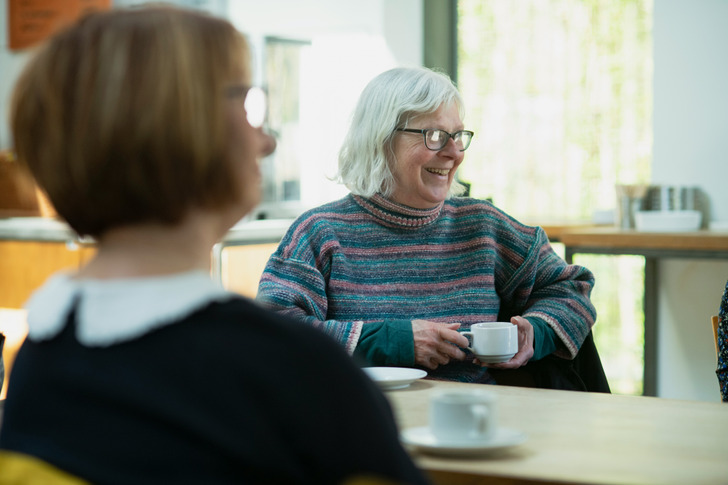Change your will.
My Hospitalization Showed Me How My Son Really Feels About Me
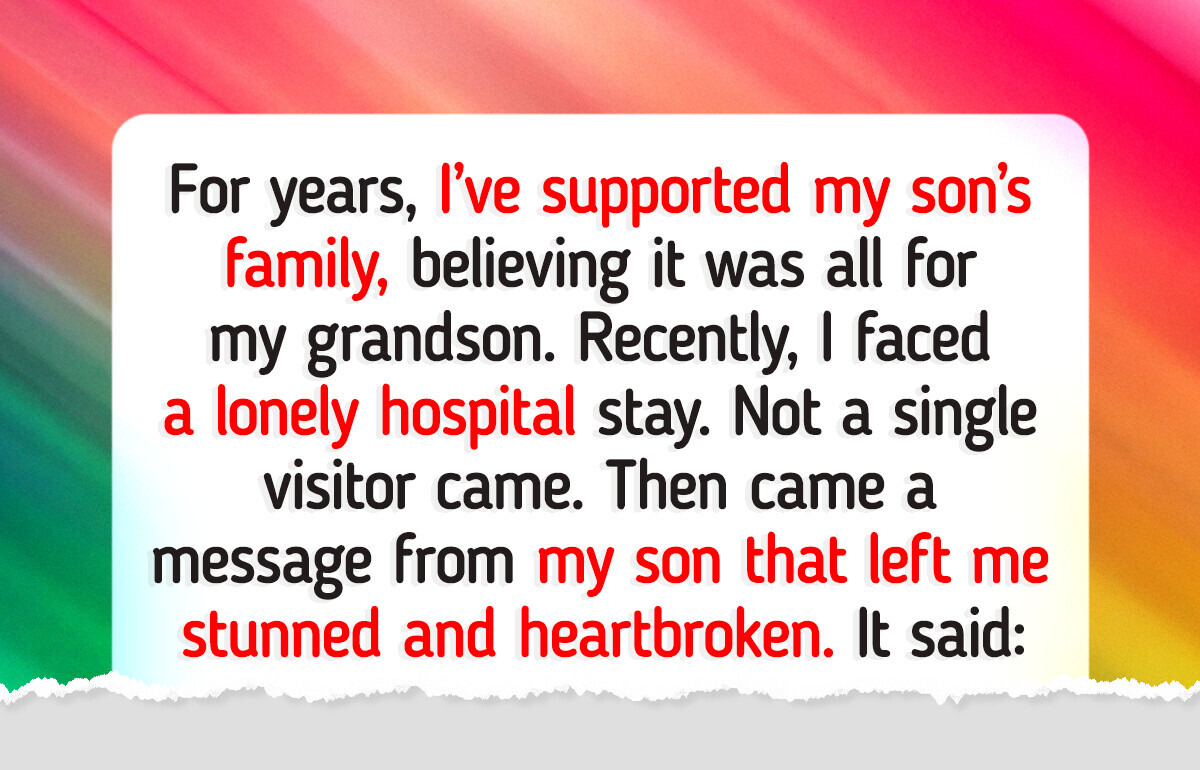
In health but not in sickness.

I, (Mary, 68F) have always done what I could for my son and his family, telling myself it was for my grandson. When I spent a few days in the hospital, I thought they would come. Each time footsteps passed in the hallway, I hoped it was them. But the door never opened. Lying there alone, I realized the emptiness hurt more than the illness itself.
A rude awakening.

Not long after, my son sent a message that cut deeper than anything I was already feeling. He asked when I would be discharged because they needed money for my grandson and had planned to stop by. In that moment, I understood. To them, I was not a parent to be cared for, but a source to draw from.
I put the phone down and stared at the ceiling, letting the weight of it sink in. Love should never feel this one-sided, yet mine clearly did. The hardest part was not the illness, but facing the truth that the people I would give everything for could not give back the smallest gesture of care.
It hurt but I had to put my foot down.
A week later, my son called again, this time asking if I could cover a medical bill for their child. For the first time, I told him no. And just like that, I became the selfish one, the parent who had “changed,” the one who had supposedly grown cold.
But deep down I know the truth. When I think back to those days in the hospital, waiting for someone who never came, what lingers isn’t anger. It’s the quiet sadness of realizing how alone I really was.
Thank you for trusting us with your story. During times like these, it can be hard to protect your heart and hold onto your dignity. Here are some gentle suggestions to help you navigate this pain with care for yourself.
1. Express yourself openly, without letting emotions take over.
Clear and healthy communication with family is more important than ever, even when life feels hectic. When you are ready, communicate your feelings to your son, focusing on how his actions impacted you rather than placing blame. Using “I” statements can help the conversation remain calm and constructive.
2. Set boundaries to protect your emotional well-being.
For many of us, saying “no” can feel uncomfortable. Why? Because we often associate it with selfishness or rudeness.
In reality, saying “no” shows self-respect and an understanding of your own worth. It is perfectly okay to refuse when giving starts to feel draining or unbalanced. Boundaries are not harsh—they are essential for maintaining your well-being.
3. Focus on rebuilding connections with people who respect and care for you.
Friends have a powerful impact on your health. They celebrate your joys and stand by you during hardships. Whether it’s close friends, extended family, or members of your community, focus on nurturing the relationships that bring comfort and positivity, not stress or pain.
You might not have received the care you longed for, but you now have a clearer sense of what you truly deserve. Protecting your heart can be the first step on the path to healing. Have you ever confused being needed with being genuinely loved?
Comments
Related Reads
I Refused to Take My Husband’s Last Name—I’m Not His Belonging
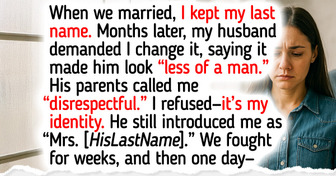
My Sister Used My Miscarriage to Announce Her Pregnancy

I Refuse to Take Care of My Sick DIL, I’m Not Her Full-Time Nurse
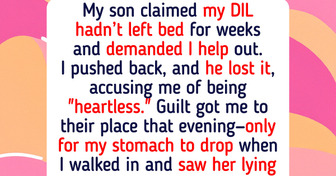
16 Tiny Acts From Strangers That Left Permanent Marks on People

11 Touching Stories of Kind Strangers Who Became Someone’s Light
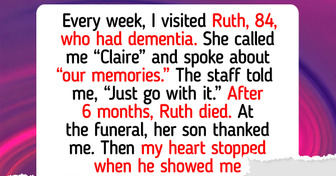
10 Teachers Who Learned Life Lessons From Their Remarkable Students
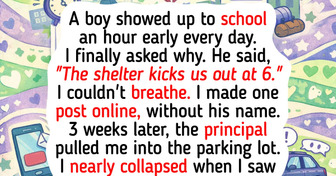
15 Moments That Prove Kindness Is the Thread Holding Life Together
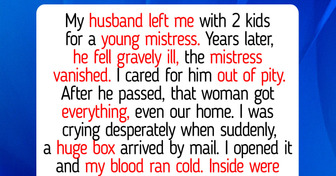
14 Quite Acts of Kindness That Changed Someone’s Life Forever

Our “Romantic” Vacation Was Hijacked by My Wife’s Family—And It Forced Us to Reevaluate Our Relationship
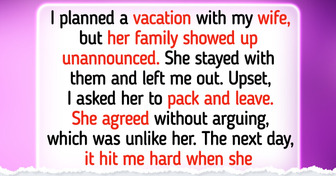
12 Moments Where Empathy Showed the Power of a Kind Heart
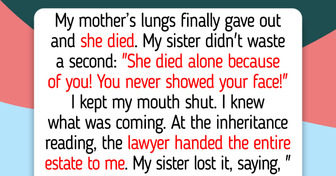
I Refused to Pay for Our Valentine’s Dinner—Then I Learned the Heartbreaking Truth

10 Times a Moment of Pure Cruelty Was Actually a Secret Act of Kindness
